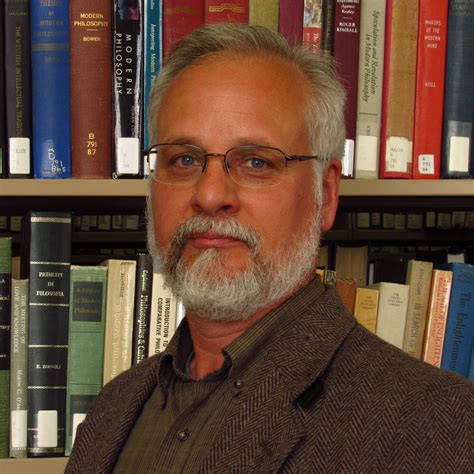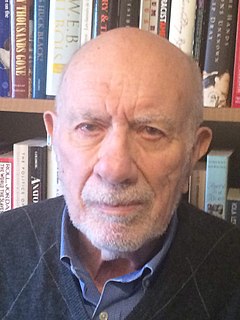A Quote by Philip Kitcher
Look at Mann's reading habits, his explicit comments on Nietzsche, and his copy of Birth of Tragedy, and it starts to seem doubtful that this work of Nietzsche's played much role in the gestation of the novella.
Related Quotes
I rather shared Nietzsche's conception of the kind of individual that an ideal education should be cultivating. 'Authenticity' is not Nietzsche's term, but as used by some existentialists, it nicely captures what Nietzsche admired - the resolve of an individual person to forge his or her own 'table of values', to be emancipated from strait-jacketing conventions, traditions, and ideologies. As embodied in the 'Overman', authenticity is the antidote to 'bad' nihilism.
Mann is widely recognized as a master of irony and ambiguity, yet it's remarkable how quickly people foreclose options he carefully leaves open. Lots of readers - including eminent critics - jump to conclusions: that Nietzsche's Birth of Tragedy is a central background text, that Aschenbach is an inferior writer, that he's never been attracted by pubescent male beauty before, that he dies of cholera.
In the helter-skelter of this book, I didn't develop my views as theory. In fact, I even believe that efforts of that kind are tainted with ponderousness. Nietzsche wrote "with his blood," and criticizing, or, better, experiencing him means pouring out one's lifeblood. It was only with my life that I wrote the Nietzsche book that I had planned.
Both Marx and Nietzsche understood that moral outrage is the last resort of the powerless. That is why Marx refused to issue moral condemnations of capitalism, preferring instead to lay out, calmly and ruthlessly, his reasons for believing that it is destined to be replaced by socialism. And that is why Nietzsche mocks Christianity for portraying its crucified Saviour as bait wriggling on a hook to catch unsuspecting souls.
Nietzsche saw that ultimately the problem of nihilism is the problem of what to do with time: Why keep investing in the future when there is no longer any transcendental guarantor, a positive end of time as ultimate reconciliation or redemption, ensuring a pay-off for this investment? Nietzsche's solution - his attempted overcoming of nihilism - consists in affirming the senselessness of becoming as such - all becoming, without reservation or discrimination.
Presenting Aschenbach as a composer - based on Mahler - leads to some dreadful scenes (especially those in which Aschenbach is berated by his student), and it surely distorts the character Mann created. Yet, we know that Mann's novella was based on a holiday in Venice he took with his wife and brother, and that while he was there he followed the reports in the German newspapers, describing the dying Mahler's progress as he returned from New York to Vienna.





























